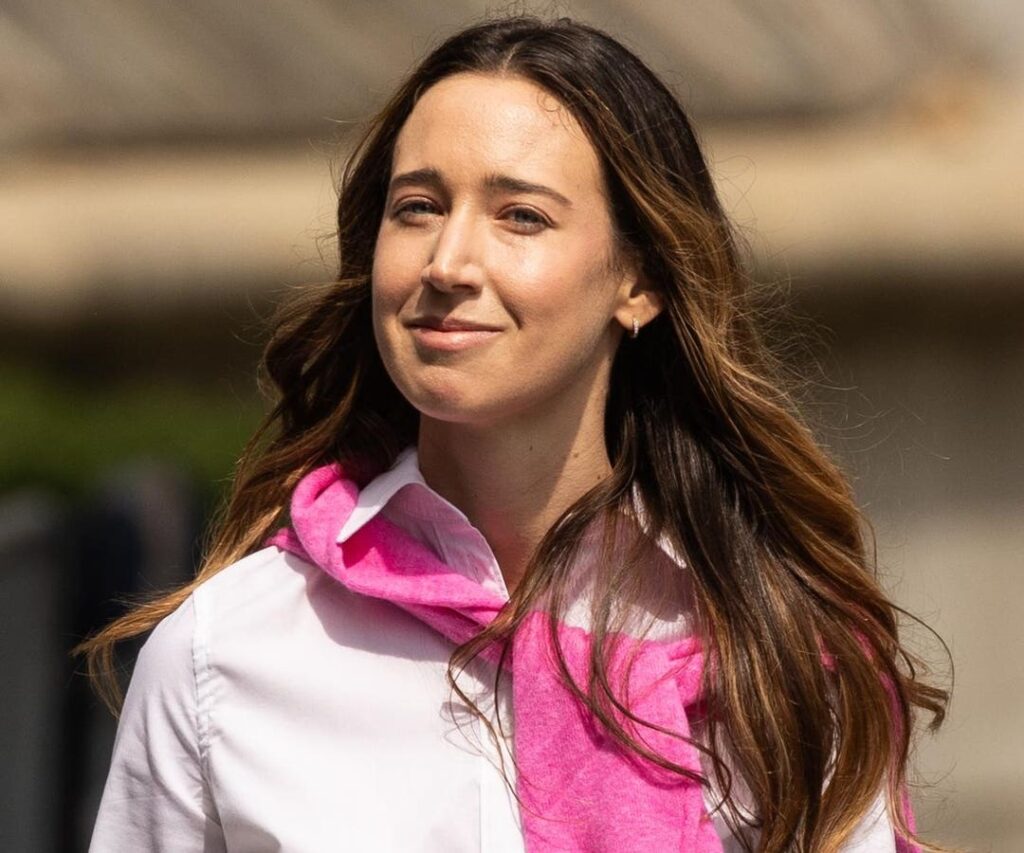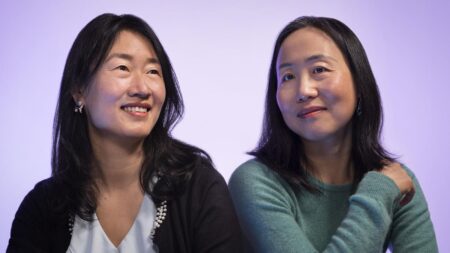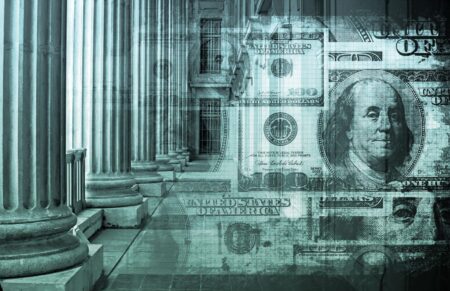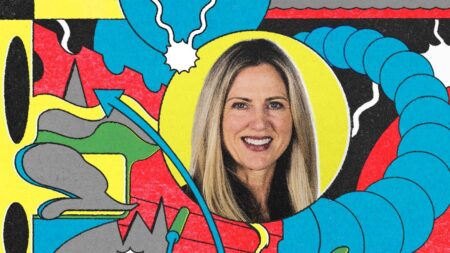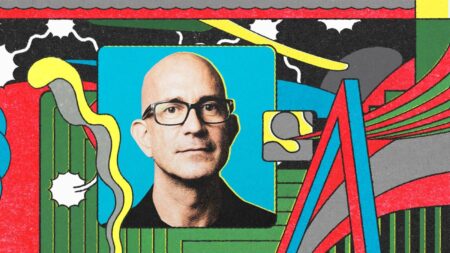Charlie Javice was riding high in September 2021. She had just closed a $175 million deal to sell her financial aid startup Frank to Wall Street giant JP Morgan, landing her a $28 million windfall and a cushy job at its Chase bank. But when JP Morgan started trying to reach out to the 4 million students who had supposedly enrolled with Javice’s startup, things quickly fell apart.
Bank staff began to investigate after complaining about the “disastrous” results of outreach to Frank’s customers. They discovered that Javice had created an enormous roster of fake customers to hide the fact that her startup had only 300,000 users at the time of the takeover, the bank alleged in a lawsuit filed in December 2022. The Department of Justice lawsuit followed four months later, charging Javice with bank and wire fraud. She was also charged with fraud by the Securities and Exchange Commission with that lawsuit stayed until her criminal trial concludes.
Javice will now stand trial in a New York federal court on February 18 in a case that prosecutors estimated would take four weeks. She’s pleaded not guilty and denied any allegations of fraud.
The trial of the Forbes 30 Under 30 alum will, like those of Theranos founder Elizabeth Holmes and Trevor Milton of electric truck maker Nikola, test the limits of Silicon Valley’s “fake it till you make it” startup culture, where overselling and hype is all part of the venture capital game.
The Frank founder herself has laid the Theranos disaster, where Holmes raised $600 million for blood-testing devices she knew didn’t work, at the feet of its investors. In text messages disclosed in a 27 January court filing that she sent while still working at JP Morgan, she called Holmes’ January 2022 fraud conviction “ridiculous.” “Investors should be blamed on letting [sic] a 19 year old go rogue,” said Javice of Holmes, who dropped out of Stanford University to found Theranos. “Discrimination at its finest. She defrauded sophisticated assholes.”
The texts won’t be shared at the trial after U.S. District Judge Alvin Hellerstein ruled on February 4 that they could prejudice Javice’s defense. Javice’s spokesperson Juda Engelmayer said that prosecutors “cherry-picked” the text messages. “However, they withheld messages where Charlie distanced herself and Frank from Theranos, expressing disdain for its actions and emphasizing their differences.”
That’s just one of many claims that federal prosecutors and Javice’s defense team have tussled over in the run up to the trial, which has been delayed from October.
Javice will appear on trial alongside Olivier Amar, Frank’s chief growth officer, despite her lawyers’ attempts to separate their trials. Amar has also pleaded not guilty to the charges but in a court filing, Javice’s lawyers said they feared Amar would turn against Javice. “We learned this only on January 8, that the defense was going to be antagonistic,” Javice’s attorney Ronald Sullivan said in a January 23 court hearing reported by Business Insider. The motion for separate trials was blocked by Judge Hellerstein.
The case is likely to cause further annoyance for JPMorgan Chairman Jamie Dimon, who has publicly derided the Frank purchase as “a huge mistake.” The deal triggered an internal cleanup at JP Morgan, and an audit of its due diligence process by the Office of the Comptroller of the Currency, which oversees bank regulation.
Javice and Amar’s defense teams have pushed to include expert witnesses to testify about JPMorgan’s due diligence process, and have complained that internal documents were only released to them weeks before the start date of the trial.
Prosecutors want to include evidence from an as yet unnamed data scientist, who was allegedly commissioned by Javice to create 4.2 million fake customer records after talks began with JP Morgan. The DOJ also wants to hear from an investor who walked away from Series B funding talks in 2019 because they feared Frank’s customer numbers had been overstated. Court hearings continue over what evidence and witnesses will be allowed to put before the jury at the February 18 trial.
Javice’s spokesperson Engelmayer said: “This case is buyer’s remorse, plain and simple. To suggest that a giant like JPM didn’t do its due diligence is to deny its reputation.” Amar’s lawyers did not respond. Both were released on bail after being charged.
Prosecutors have said the case will serve as a cautionary tale for early-stage CEOs and aspiring tech founders everywhere. “This arrest should warn entrepreneurs who lie to advance their businesses that their lies will catch up to them, and this office will hold them accountable for putting their greed above the law,” U.S. Attorney Damian Williams said in a 2023 statement. The Justice Department’s charges in the criminal complaint against Javice hold a cumulative prison sentence of up to 50 years.
The Frank founder still faces a fraud lawsuit filed by JP Morgan in Delaware. In that case she claims that the fake customer list was requested by JP Morgan, and the Wall Street bank was trying to retrade its acquisition. Javice filed her own lawsuit against the bank claiming that she was owed millions of dollars after being fired without cause.
More from Forbes
Read the full article here




